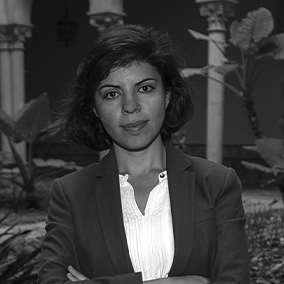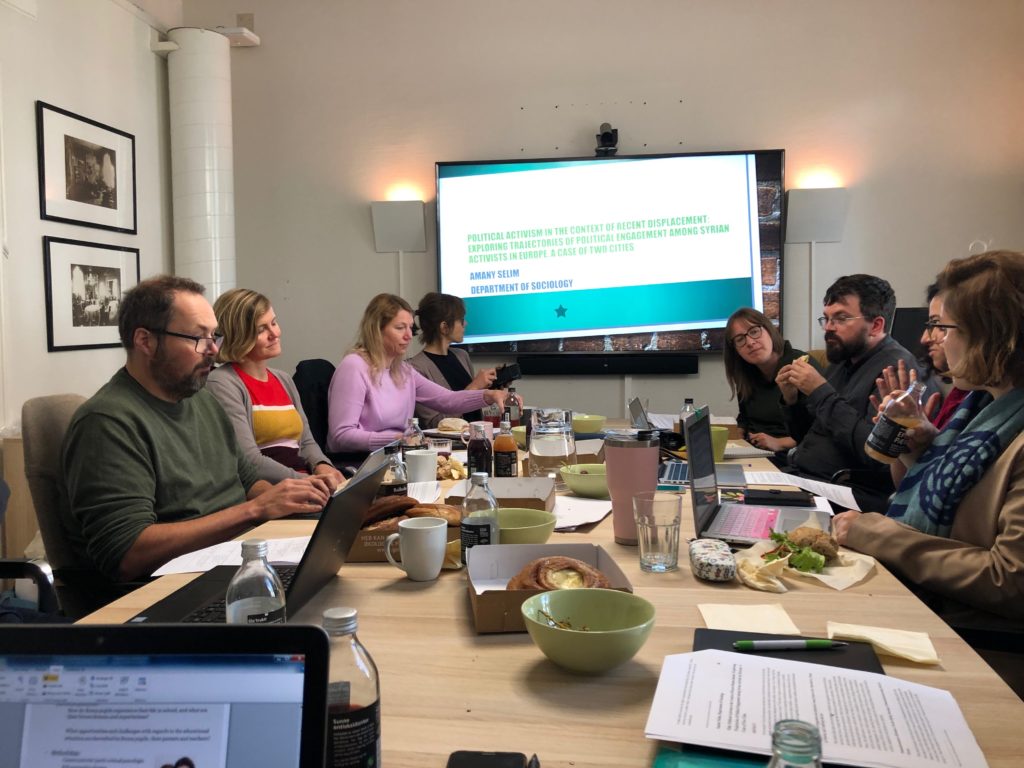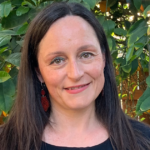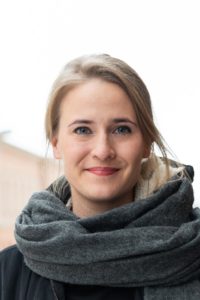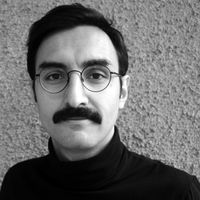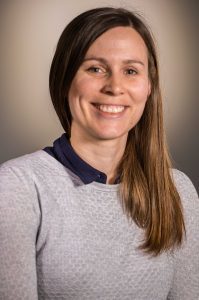Since the beginning of the conflict in Syria, more than 45% of the population has been forced into displacement, of which almost half are children. For a large part of the Syrian population, access to education has been interrupted.
In her study, Mirey tries to identify the opportunities that could be offered by information and communications technology to guarantee access to formal and non-formal education to Syrian children affected by the armed conflict. Based on fieldwork in Lebanon between 2013 and 2018, Mirey will present findings on how ICTs can facilitate access to education for Syrian children in different ways, both physically and remotely. She will also highlight the role of these technologies in improving and facilitating communication between different actors including teachers, parents, and formal educational administrations. In addition, she will explain how ICTs is used in emergency situations to share information on the safety of children.
These findings can offer a pathway to find more stable and long-term solutions for children with limited access to education due to armed conflicts and in other emergency situations.
A light lunch will be served! All welcome!
Mirey is a PhD candidate at the Autonumus University of Barcelona and her research focuses on the role of Information and Communication Technologies (ICT) in education in emergencies.
Time: Thursday 17th of October 2019, 12.30 – 13.30
Place: Bergen Global CMI/UiB, Jekteviksbakken 31

